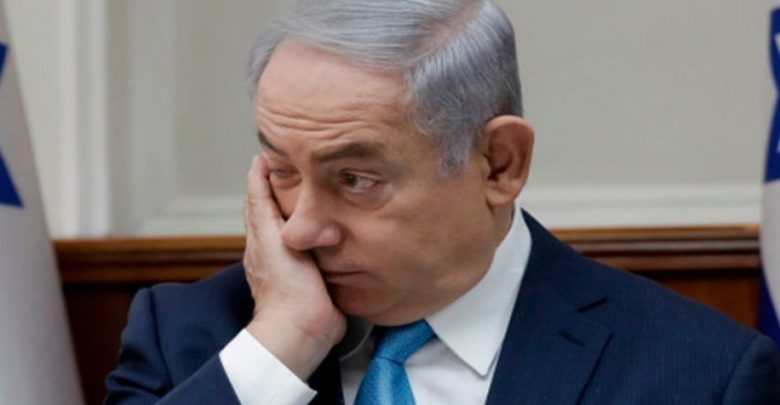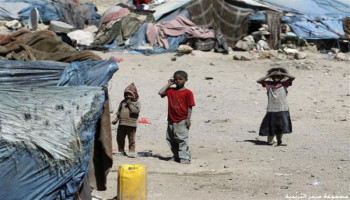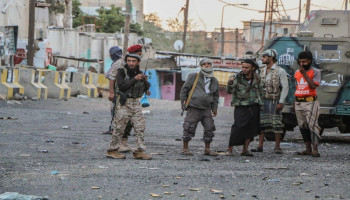From the trembling hands during "The Truthful Promise 2" to his words yesterday, Netanyahu embodies the truest and most accurate image of the Zionist entity. In that earlier scene, he held up a paper to deny losses and issue threats, but the tremor in his hands betrayed what he sought to conceal. In his speech yesterday, he attempted to present his "achievements," yet all that emerged was his bankruptcy—going so far as to encourage some Lebanese factions to join him in "liberating" Lebanon from Hezbollah. This rhetoric is identical to what he said to the people of Gaza a year ago, urging them to free themselves from Hamas. If we delve further into memory, we recall that this is the same rhetoric the Americans used when they occupied Iraq. If we search deeper, we find that Americans, and the Zionists by extension, kill, occupy, displace, and loot all under the banner of "liberation"—liberating countries from their own people! This is the recurring American scene, today played out poorly by Netanyahu, whose ending will certainly not be as the director intended.
So, the enemy wants to "liberate" Lebanon from Hezbollah. The very notion takes us back to years of attempts to isolate and alienate Hezbollah in Lebanon, with many local, Arab, and Western examples of this. The enemy has tried to “liberate” Lebanon from Hezbollah through media campaigns, employing all possible methods of misinformation, stereotyping, alienation, and isolation. Economically, they have imposed a prolonged siege, which has led to a suffocating living crisis. Now, with the outbreak of military conflict and the full use of brutality and forms of extermination, the entire West echoes Netanyahu’s word “liberation,” as if it were a key term leading to a chain of meanings that boil down to aggression, extermination, destruction, and displacement. While his major military failure on the battlefield is no less severe than his failure in other arenas, Netanyahu lists what he imagines to be his accomplishments: from assassinating leaders to bombing the South, the Beqaa, and the Dahieh. Even a military novice can understand that, despite the brutality of these strikes, they are not military achievements, nor do they signal any battlefield success. On the contrary, they are indicators of incapacity on the battlefield, which the enemy tries to compensate for by using remote technologies for killing and destruction, aimed solely at destruction itself. All his claims of targeting Hezbollah's missile arsenal have collapsed under the continuous rocket fire; each salvo, regardless of its range or type, has refuted the enemy's claim of hitting a launch platform or weapons depot.
Netanyahu addresses the Lebanese, speaking to some of them about the need to "liberate" themselves from Hezbollah, even directly inciting them to do what he himself is incapable of. He was undoubtedly shaken by the sight of Lebanese people embracing their families from the South, the Bekaa, and the Dahiyeh, despite years of massive media incitement against them. He is attempting to ignite a civil conflict that even his masters failed to spark, trying to push some Lebanese to fight the resistance from within, which proves it to be a complete admission that, even with all his American arsenal, he is still utterly impotent. What kind of bankruptcy is this? If he lists his so-called achievements and claims to have defeated Hezbollah, why hasn’t he completed this "liberation" mission then? Why hasn’t he accomplished the task that even those he now calls upon failed to complete?
The answer lies on the battlefield. It has been written there with blood and bullets by the men of Allah, who have taught—and continue to teach—the elite forces of the enemy bitter defeat, battle after battle. The answer is written on the borders, in the villages of Jabal Amil, where ambushes lie in wait, where hearts are filled with love and fury, and the masters of combat are forging victory with their cry: "At your service, O Nasrallah!"







